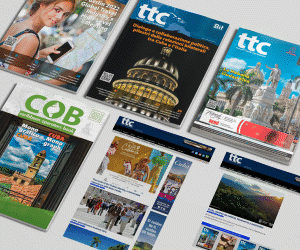TTC Special: Welcome to the era of “Smart Tourism”

By Frank Martin
International tourism, with a business community that increasingly seeks innovations, is currently seeking a very special quality: intelligence applied to technology and organization.
A widely used term of the program is Smart Tourism applied in wide leisure destinations.
Among the most accepted definitions is the one that emphasizes that Smart Tourism is nothing more than that which supports information and communications technology programs to be deployed in global destinations.
Such projects would be supported by investments to develop the industry’s resources and thus improve visitor participation in favor of the localities.
There is talk of an “industrial revolution” designed as a technological glove for tourist locations, supported especially by the efficiency of adequate digitalization.
The truth is that in international tourism, digitalization processes are under great development in flight and hotel reservations and even in the promotion of remote but reachable destinations.
Artificial intelligence is already attractive to a large number of people when they act as tourists.
There are statistics that underline that this “intelligence” applied to vacations has promoted a more attractive, efficient, inclusive and sustainable tourism offer.
“Smart” features have been promoted to define smart travel and smart destinations.
The concept is increasingly related to smart visas, borders, security processes and infrastructure.
It is no longer science fiction that passengers can book their flights and check-in online, have their boarding passes on their smartphones, pass through automated check-in gates and even validate their boarding passes electronically to board planes. .
And little by little “smart destinations” proliferate.
These are described as a true strategy of technology, innovation, sustainability, accessibility and inclusion.
A smart destination is already identified as places that have not only basic technology, but also operate in multilingualism and show cultural idiosyncrasies.
They make it easier to guarantee maximum accessibility in sites, products and services, eliminating barriers to mobility.
Experts clearly see that the future of travel is based on smart technology.
In this framework for instance Vietnam, a country recognized as a third world country that is rapidly moving towards a digital transformation in its tourism and general branch.
In that country, a “pilot program of digital tourist information stands” has been developed as part of the tourism development strategy for 2025 with a clear vision for 2030.
Good news for such developments is that the International Telecommunication Union (ITU) reported that the number of Internet users worldwide has increased by 100 million so far in 2023.
Some 5.4 billion people have access to Internet services, equivalent to 67 percent of the world’s population.
And this is basic for the so-called “Smart Tourism” in English, whose fundamental basis is a gigantic and developed virtual network.
“Vietnam’s tourism marketing strategy also emphasizes innovation, diversifying communication techniques and technological applications, with customization for each market and time period,” underlined an article published this month on the Internet.
The Vietnam Electronic Commerce Association (VECOM) claims that more than 60 percent of domestic tourists book their accommodation and travel online.

MORE NEWS














